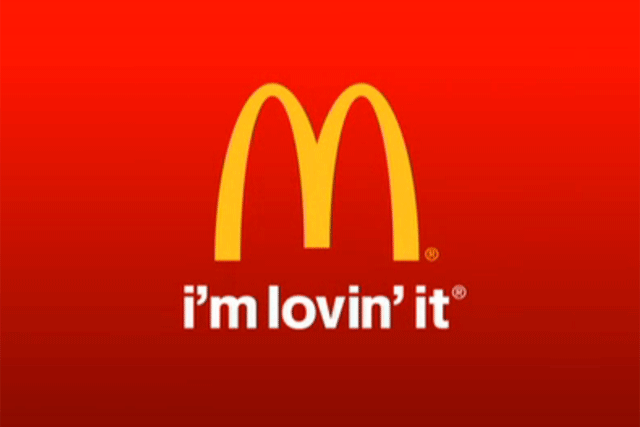
Participating companies in the will restrict marketing to children on their websites to "better for you" products, which fulfil nutrition criteria based on accepted scientific evidence or international dietary guidelines.
The initiative is being rolled out to the participating companies' websites, following their pledge in 2007 to only advertise "better for you" products on TV, print and online, or move out of children’s airtime altogether.
McDonald's has now signed up to the pledge commitments, having not previously been signed up to the 2007 pledge.
This means the EU pledge group now extends to more than 80% of European food marketing spend.
Other advertisers signed up to the pledge group include Burger King, Danone, Ferrero, General Mills, Kraft Food, Kellogg's, Nestlé, PepsiCo, Unilever, Estrella-Maarud, Intersnack, Lorenz Snack-World, Procter & Gamble, The Chips Group, Unichips, San Carlo and Zweifel Pomy-Chip.
The announcement is being made today (28 November) by the European Commission’s ‘Platform for Action on Diet, Physical Activity and Health’ and changes will be made to company websites as of January 2012.
Between 2005 and 2011, European children have been exposed to 79% less advertising for foods that do not meet "better for you" criteria in children’s programmes, and 29% less for these products across all programmes, according to data from Accenture Media Management.
Signatory companies are also committing not to engage in commercial communications relating to their food and beverage products in primary schools, except where requested by the school for education purposes.
Stephan Loerke, World Federation of Advertisers managing director, claimed that the organisation had created a new methodology for measuring how companies could comply with the website commitment, "given that we don’t have audience data for company websites like we do for TV".
Follow Matthew Chapman on Twitter




.jpg)
.jpeg)